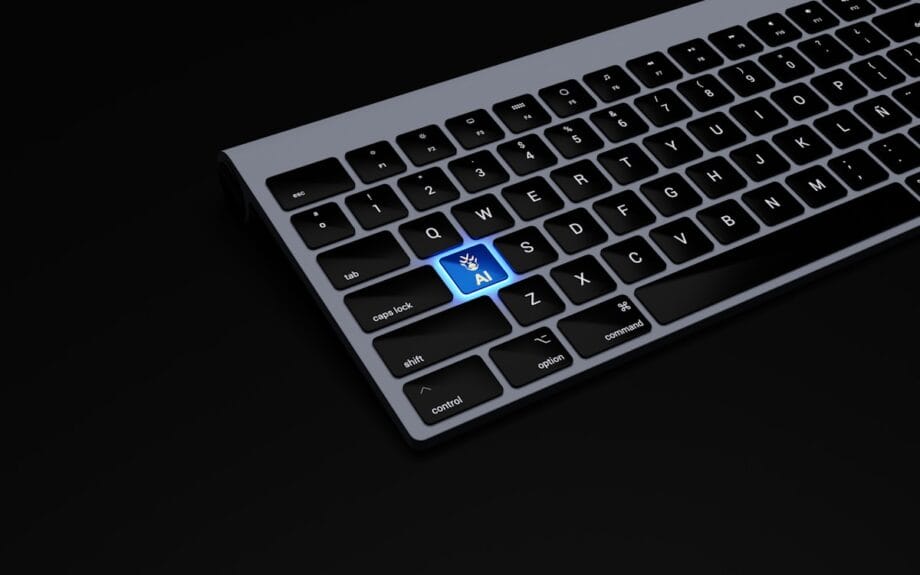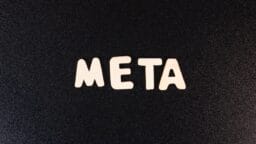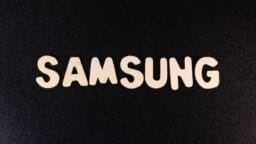Anthropic Revamps Haiku Model Amid Increasing Demand for Cost-Effective AI Solutions
Artificial intelligence startup Anthropic, listed under the symbol ANTH.PVT has undertaken a significant transformation of its least complex AI model, Haiku.
This shift comes as businesses increasingly prefer AI systems that deliver performance akin to the most sophisticated tools, at a fraction of the associated costs.
On Wednesday, Anthropic announced the release of Haiku 4.5, demonstrating a pricing structure approximately one-third that of Sonnet 4, a mid-tier model, and about one-fifteenth that of its premier offering, Opus.
Remarkably, the redesigned Haiku model exhibits performance metrics equal to or superior to those of Sonnet 4 across a variety of applications, including coding tasks.
According to Mike Krieger, the company’s chief product officer, traditional enterprises outside Silicon Valley are more inclined to adopt AI technology if they have access to economical yet competent models.
Such options facilitate the integration of AI into existing internal systems that may service hundreds or even thousands of employees, he elaborated.
“Often, there’s significant scalability involved,” Krieger remarked. “Smaller models provide a more cost-effective avenue for deployment.”
The overwhelming majority—approximately 80%—of Anthropic’s revenue is derived from corporate clients, according to an Anthropic representative. The firm boasts a clientele of over 300,000 enterprise customers employing its tools for internal processes, product development, or both.
Anthropic’s projected annual revenue run rate stands at nearly $7 billion, the spokesperson confirmed, reflecting its robust market presence. Additional income streams are generated from users who pay for access to Anthropic’s chatbot, Claude.
Established in 2021 and last appraised at $183 billion, San Francisco-based Anthropic was founded by a cohort of former OpenAI employees. Its models directly compete with those of its more established counterpart.
This marks the first update in roughly one year for Anthropic’s least advanced model, noted Krieger.
During the nascent phases of the contemporary AI revolution, executives from companies like Anthropic and OpenAI predominantly emphasized their most robust AI systems.

These cutting-edge models often necessitate investments of $100 million or more for training and considerable computing resources for comprehensive customer interactions.
However, the steep computational costs associated with these elite models have led many customers to hesitate. In response, AI firms have pivoted towards smaller, more manageable solutions.
Krieger explained that it is feasible to utilize various models in conjunction. Some organizations employ advanced models for strategic planning while outsourcing routine tasks to smaller models capable of web searches and information synthesis.
Source link: Uk.finance.yahoo.com.






